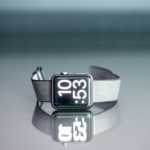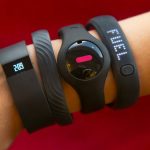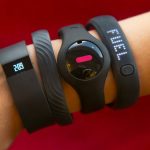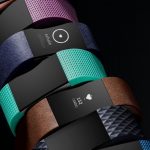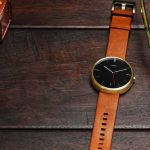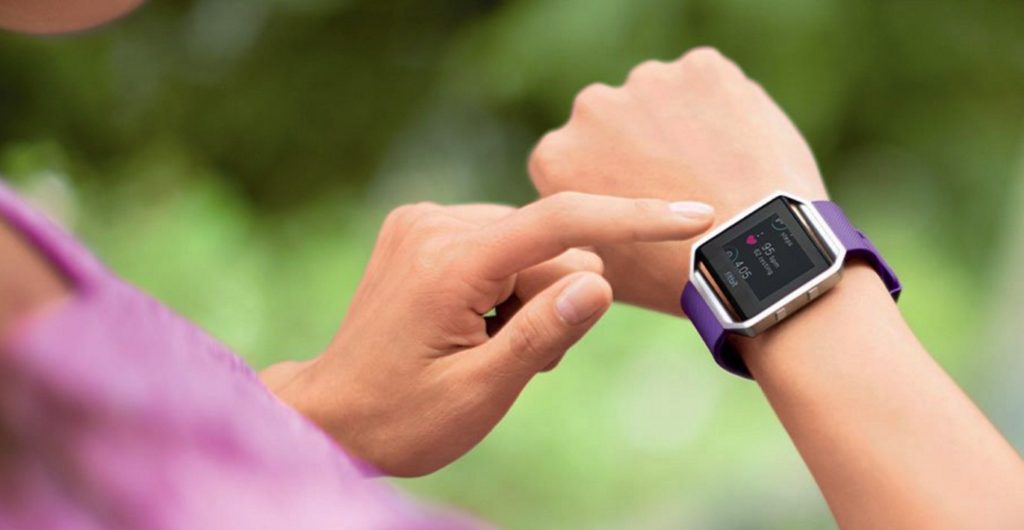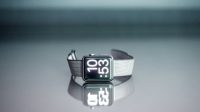Love my health wearable, hate its sickly battery
Love my health wearable, hate its sickly battery

Wearables owners in the U.S. can be split into two camps: fitness tracker and smartwatch owners, the former slightly more popular due to Fitbit’s hold on the market.
So it’s no surprise to see health functionality as one of the most important reasons for owning or wanting to own a wearable in a survey conducted by biometric sensor firm Valencell and Micro-Electro-Mechanical Systems.
See Also: Wearables bringing fan love to Euro Cup
80 percent of wearable owners said the device has positively impacted their health, and 74 percent of people that don’t own a wearable would purchase a device if it displayed accurate health stats.
Accuracy is the deal breaker for wearables, with 63 percent saying it is the most critical feature for a device. Comfort and battery life came after, at 57 and 47 percent, respectively.
“These survey results are testament to our view that accurate and interesting insights are critical to the success of the wearable industry, and are the biggest drivers of growth today,” said Dr. Steven LeBoeuf, president and co-founder of Valencell. “More consumers than ever before are looking to biometric wearables to monitor their health and fitness, and wearables that cannot be trusted for accuracy will ultimately lose-out to wearables that have been properly validated.”
Consumers want to see more health functionality added to wearables in the future. Stress and blood pressure tracking topped the list at 55 and 48 percent.
Battery life an anchor weighing down adoption
Wearables have a high turnover rate, according to the survey, with 37 percent saying they stopped using their device. 40 percent stopped because of the hassle of charging the device, despite most fitness trackers having four or five times the battery life of a smartphone.
Other reasons include inaccuracy, uncomfortable design, and lack of interesting insights. This is important for wearable manufacturers, since three of the main turnover factors are hardware related and could be fixed with inventive designs that offer more battery life and comfort.
Most of the 706 people surveyed owned a tracker, less than 30 percent owned a smartwatch.
Fitness trackers have, for the past two years, been struggling to add additional features. Fitbit added heart-rate monitoring to its Charge HR in 2014, but since then have been focused on building wearables that have more screen real-estate and less on health functionality.
Perhaps it would see more success if it was able to monitor other conditions, though the Food & Drug Administration (FDA) in the U.S. has made it hard to track more advanced health data. The FDA may have blocked advanced features on the original Apple Watch, forcing the company to possibly build a separate medical device in the future.

The post Love my health wearable, hate its sickly battery appeared first on ReadWrite.
(21)


